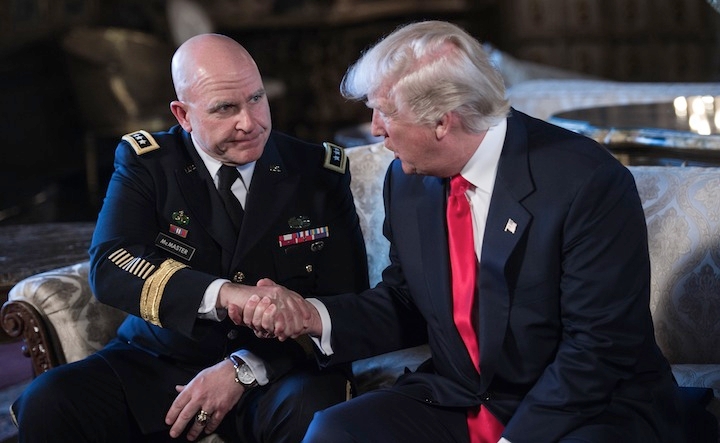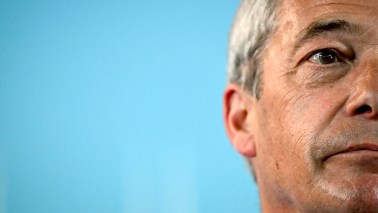‘Great Britain has lost an Empire and not yet found a role’. Fifty-five years on, Dean Acheson’s remark has not lost its sting. British statecraft is, even now, an attempt to lay claim to a place in the post-imperial world. The events of the past few months — Brexit, the election of the most unlikely US president in history and the debate over the Union — all raise the issue of what kind of country Britain hopes to be.
The chemical weapons attack in the rebel-held town of Khan Sheikhoun in Syria last week has prompted the first foreign policy crisis of this new era. Britain’s role in the response has become a proxy for the wider debate about our global standing. In just a couple of days Downing Street moved from saying ‘no one is talking about military action’ to backing Trump’s retaliatory strikes. Then Boris Johnson, the Foreign Secretary, cancelled his trip to Moscow so as to leave the way clear for Rex Tillerson, his American counterpart. He also unsuccessfully pushed for sanctions at the G7 summit.
James Forsyth and David Frum discuss Britain’s relationship with Trump’s America:
Criticism of the British role has been unfair. Indeed, the eagerness of the Liberal Democrats and the SNP to regurgitate the Kremlin attack line on the Foreign Secretary — that he is America’s ‘poodle’ — has been rather revealing. After all, one of the UK’s main aims since Trump won the presidential election has been to discourage him from working with the Russians in Syria. The US air strikes and subsequent American criticisms of Moscow’s role in the conflict indicate that the Trump administration has now come around to that view. I understand that the White House will soon repeat in public what they have been saying in private — that the Assad family can have no future role in running Syria.








Comments
Join the debate for just $5 for 3 months
Be part of the conversation with other Spectator readers by getting your first three months for $5.
UNLOCK ACCESS Just $5 for 3 monthsAlready a subscriber? Log in